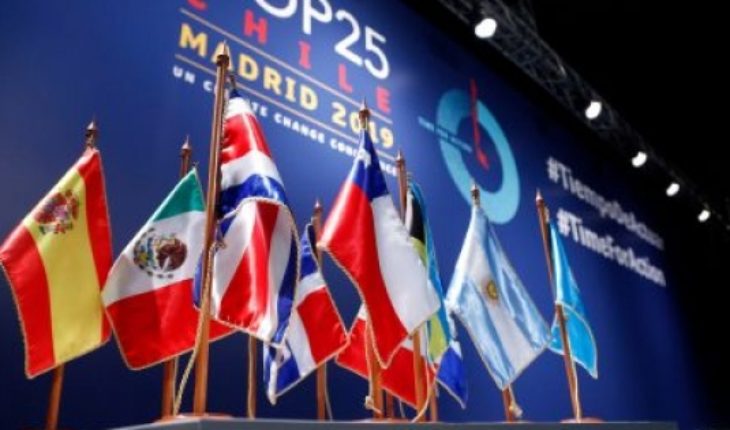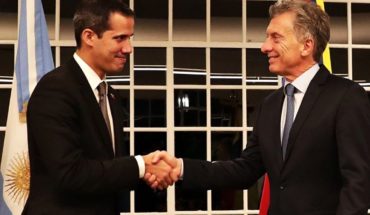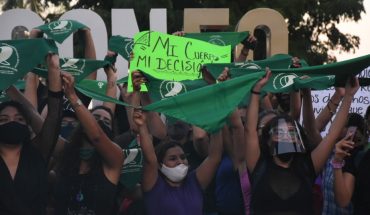The failure of COP25 was not difficult to predict. What does powerfully draw attention is the emergence in that instance of a huge rift between present governments and civil society. In our view, this situation marks a major turning point in the climate crisis that the entire planet is experiencing.
The inexperience and lack of preparation of the Chilean Presidency of the COP was not a determining factor. The implementation of a market mechanism to reduce CO2 emissions has been postponed for years. This is despite the being set by its promoters as the main goal of reaching an agreement this year as the voluntary reduction policy set by the Paris Agreement will take effect in 2020.
In this scenario, it is equally unlikely that this mechanism will be established at the next COP26 in Glasgow, Scotland. This is because the most polluting countries, fossil energy producers and multinational corporations affected by these mechanisms have no political will to deal multilaterally with these decisions which, after all, harm Interests.
For every COP that fails, scientists and much of the public warn that it is another year that is lost in the fight against climate change. In fact, the main protagonist of COP25 in Madrid was a representative of civil society, Greta Thunberg, who did not tire of denouncing the inaction that prevails in international negotiations.
Paradoxically, these summits have become relevant to civil society and not so much because of the agreements or disagreements generated by the participating Governments but because of the possibility that society finds to meet and agree on strategies to address from below the crisis.
2019 has been a year in which the climate crisis has manifested itself harshly and will end in the worst way, with an entire continent inside an oven with record temperatures and an average of 41.9 degrees; something never recorded in Australia.
Most likely 2019 will be considered as the year in which it reached a turning point and in which the world’s citizens began to realize that inaction leads us directly to the collapse of our civilization.
Many of us knew that the Paris Agreement has very little chance of being finalised; less than 10% as we explained in the publication “Collapse: When the Weather Changes Everything.” However, there were still a large number of scientists and activists who had hopes that humanity could agree on the COP. Today, however, many are enormously frustrated that they have achieved nothing concrete by putting pressure on the authorities.
The failure of COP25 is the failure of the bet that the market can save the planet through voluntary reductions by countries. This no longer happened and will not happen at COP26. When they agree and manage to implement it, the truth is that it will be too late.
World citizens have no choice but to displace the economic and political elite through a great global rebellion that drastically changes the model of development based on infinite economic growth. It will no longer be about rebelling to improve the quality of life, but for survival.
As Jean Jouzel, Vice-President of the Intergovernmental Panel on Climate Change, said, “This is entering another world.” We shouldn’t look for it in distant galaxies when that new world has already settled between us and many have not yet noticed.
The content poured into this opinion column is the sole responsibility of its author, and does not necessarily reflect the editorial line or position of El Mostrador.





